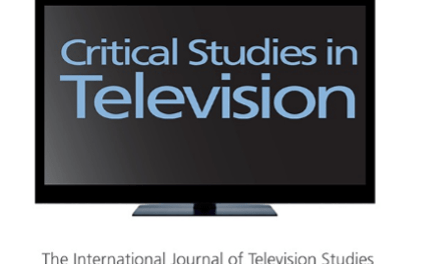
Fig. 1: BBC Television Service tuning signal. Source: BBC Research & Development.
In 2022, one hundred years will have passed since the formation of the British Broadcasting Company, later to become the pioneering public service broadcaster best known as the BBC. The BBC has had an enormous impact on television culture in its first one hundred years, providing a blueprint for independent publicly funded broadcasting. The BBC has been a testing ground for new developments in broadcasting technology and infrastructure. It has provided space for programme makers to innovate new forms, as well as to display national traditions – and invent some of its own. It has offered important public space to playwrights, scientists, politicians, musicians, historians, performers and many more thinkers to enlighten, to amuse, to infuriate. Its formative mantra of ‘inform, educate, entertain’ has undergone many modifications over time but these aims remain core to its contemporary ethos. Its goal of providing impartial and balanced news, current affairs and analysis has been tested numerous times in divisive political climates. It was born of a patriarchal, colonialist and elitist view of cultural uplift. How has it changed over its long life?
Critical Studies in Television will be marking the centenary of this television institution with a series of themed special issues throughout 2022. Each will explore a distinct feature of the BBC and its work in television, providing historical contextualisation, critique and new debates on the output, culture and influence of this important televisual institution.
We are looking for contributions to these themed issues in one of these formats:
- Original research articles (6000 – 8000 words): articles that present fresh textual analysis of BBC programmes or content, empirical research that can provide a new perspective on the history or culture of the BBC, or innovative methodologies or theorisations for understanding the historic and contemporary influence of the BBC.
- Provocations – (up to 3000 words) pithy essays that stimulate debate on an aspect of the BBC’s television programming, history or culture. These do not have to present new research but should inspire new ways of thinking about the BBC.
- Interviews – (up to 5000 words) an edited interview with industry professionals who have worked within or alongside the BBC, past or present.
- Publishers and authors who are planning to publish books relating to the BBC in the run-up to and during 2022 can contact Christine Geraghty, editor of the book review section, about possible reviews.
The themes for the issues will be as follows:
Volume 1: BBC Nations and Regions
In the BBC’s current charter, one of its five public purposes is to ‘reflect, represent and serve the diverse communities of all of the United Kingdom’s nations and regions’. The recent combination of Brexit and a global pandemic have revealed deep divisions between the nations and regions of the UK. In this febrile context, how might we assess the BBC’s current and historical reflections of these diverse communities? We are particularly interested in contributions that explore the BBC’s role in serving (or not) underrepresented communities within the UK.
Volume 2: BBC Channels and Brands
The BBC’s creation of programming and channel brands has been a long-term feature of its survival strategy, spreading its public purposes further and wider than its original broadcast contexts. This volume will explore the ways in which BBC brands are meaningful and functional in both UK and in global contexts. We welcome contributions that focus on BBC channel brands, or analysis of other forms of branding across the BBC, within and between programming.
Volume 3: Women and the BBC
Recent controversies around equal pay, misogynistic abuse towards BBC personalities and a lack of female representation at the top of the corporation suggest that the institution has far to go in matters of gender equality. How might we characterise the relationship between corporate and on-screen representation of women? And how has the BBC responded to changing socio-cultural attitudes and discourses defining women over time? We are particularly interested in contributions that address the historical and contemporary stories of female workers at the BBC, analyses how BBC programming give representation to women’s lives and serve female audiences, or explore experiences or representations of genders and sexualities at the BBC.
Volume 4: The BBC In the World
The fifth public purpose in the BBC’s current Charter is that the institution should ‘reflect the United Kingdom, its culture and values to the world’. This volume will cast a critical eye over this facet of the BBC, critically appraising its global reputation. For this volume, we are especially interested in submissions that explore the BBC’s historical and current relationship with television cultures outside of the West. We welcome submissions that explore and critique the BBC in post-colonial contexts and in BRICS nations.
Editor for the volume is Dr. Hannah Andrews; if you have any questions, then please contact her at hannah.andrews@edgehill.ac.uk.
For initial expressions of interest in contributing to any of these issues, please send a short (250 words) abstract and biographical note to Dr. Andrews by 18 December 2020. Please make sure you indicate which format (see above) you would like your contribution to take. As part of CST’s ongoing commitment to publishing new voices, we are particularly interested in expressions of interest from Early Career Researchers who would like to submit work from PhD projects completed or nearing completion.





